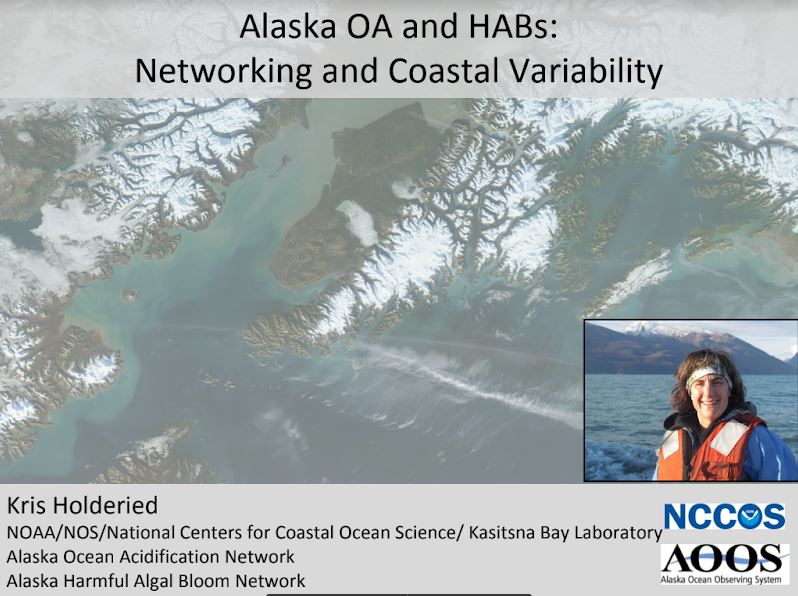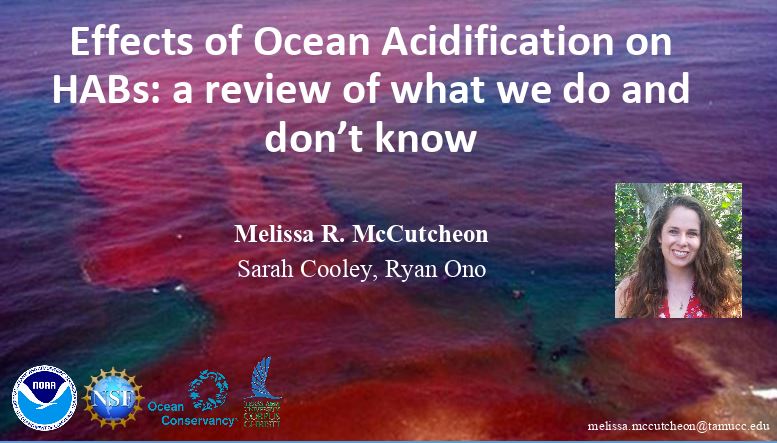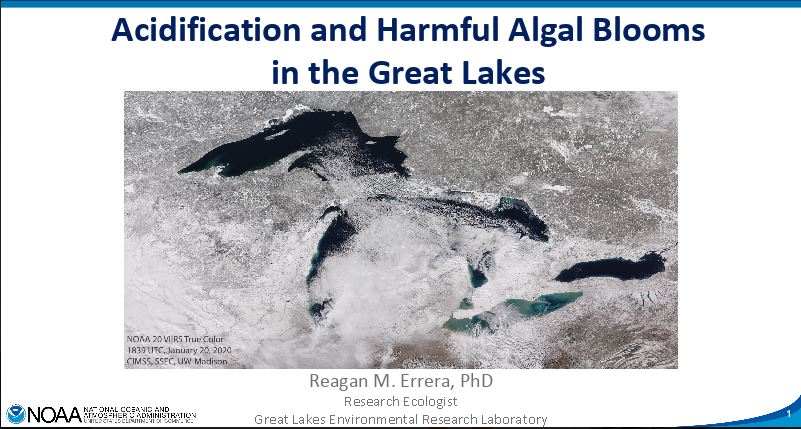NOAA Ocean Acidification Program’s Prospectus
Dr. Gledhill is the Deputy Director of the OAP and has led the charge on developing the Program's Prospectus process and drafting. This presentation focuses on the OAP Prospectus, which is an internal strategy document that guides the Program's investments over 3-year funding cycles.
View presentation here





